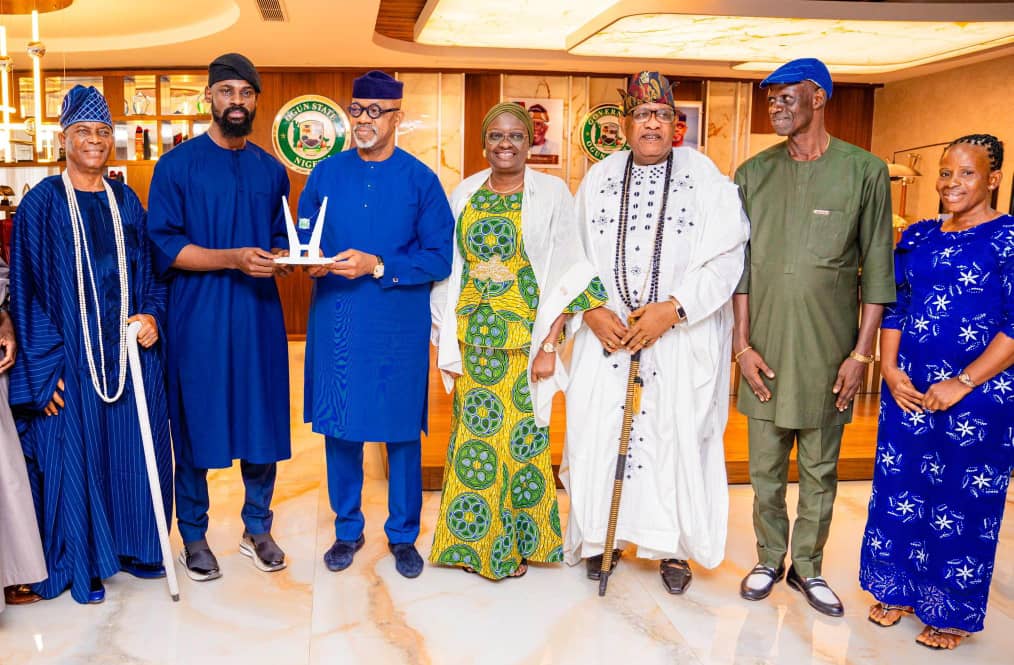In spite of extant laws, Female Genital Mutilation (FGM) is still widespread in Nigeria because of the culture of silence about the inhuman practice.
Persecondnews AJUMA EDWINA AMEH takes a look at this age-long, deeply rooted tradition and how the COVID-19 pandemic has impacted the practice.
“I was 7 years old when I was infibulated. I was held down as the cutter used a razor to cut out my clitoris, inner labia, and outer labia and sewed up my vulva with acacia thorns, but left a small hole for me to pee.
“At 14, I was married out but before then, my husband’s mother and elder sister inspected my vulva and complained that my ‘hole was too big’ and that my family should take me back and make it smaller, so their son can enjoy breaking me up; sex, on the day of the consummation of our marriage. My family did,” Mrs. Hannatu, said as she narrated her horrendous experience.
Infibulation, one of the four types of FGM, is the practice of excising the clitoris and labia of a girl or woman and then stitching together of the edges of the vulva so as to prevent sexual intercourse. The United Nations (UN) considers it to be one of the most extreme manifestations of gender-based violence.
Like Hannatu, about 20 million women and girls in Nigeria have undergone one form of FGM, and over one million Nigerian girls still face genital mutilation every year, says a UNFPA report which gives credence to the 2020 World Population Report, which stated that Nigeria accounts for a quarter of the total number of female genital mutilation cases worldwide.
One-in-four women in Nigeria between the ages of 15 and 49 years have experienced FGM, making Nigeria number three in the world following Egypt and Ethiopia, according to the World Health Organization (WHO).
FGM is typically carried out by elderly women in rural communities, who serve as custodians of the tradition and information about the practice. The circumcisers typically have little to no formal education or medical training. They usually use knives, scissors, scalpels, pieces of glass, and razor blades as tools for the procedure.
In an exclusive interview with PersecondNews, Sylvia Chioma, the Coordinator of Girdle #EndFGM Project, a non-profit organization that runs an online and field awareness programme to sensitize Nigerians and the world about the complications and criminality of FGM, explained that infibulation is the worst type of female circumcision which the World Health Organization (WHO) categorized under ‘Type 3.”
“Actually, Type 3 (Infibulation) is when the clitoris, inner lips and outer lips are cut and sewn together or sealed, leaving only a small opening.
“This type of FGM is very common in Sudan, Somalia and Gambia. I never knew it was done in Nigeria until someone contacted me via our Twitter account on the plight of 2 young women; from the South-West that live with Type 3 FGM and needed urgent medical attention.
“I had to refer them to a medical facility in Osun State. When I disclosed it, some other health workers in Nigeria said they have come across such ‘type’ in their course of services,” she hinted
Myths and Misconceptions
“I was born in London, but returned with my parents to Nigeria when I was 16 years old. One day, my grandmother sat me on the bed and told me I will be circumcised ‘if not I will be a prostitute when I return to London.
“I told her there are lots of prostitutes who were circumcised but she retorted saying, ‘Those are women that their parents didn’t dispose of their clitoris properly. If a dog eats a clitoris, the girl that owns that clitoris will be promiscuous like a dog,” Oluwatosin narrates
On the other hand, Isoken was told if she is not circumcised, her future husband will die.
“I was mutilated twice: As a 2-week-old baby and when I was 14-year-old. The second was because the circumciser told my parents that my clitoris had ‘germinated and if not cut again, will kill my future husband.’ I almost bled to death when she cut again,” she said.
So many girls and women have had to go through this painful experience because of the myths and misconceptions attached to the practice.
“Many of the myths are really laughable in a sane society. One of such is the one in Indonesia, which states that ‘circumcised women can cook more delicious rice than uncircumcised women’. You know, rice is almost their everyday food and men would like women that know how to cook delicious rice.
“Beyond Indonesia and other myths, I would like to state emphatically that there is no known origin of FGM in Nigeria but people just practice it because ‘it is tradition. ‘A circumciser from Osun State once said that, ‘I was born into this practice. I do not know the history but it is as old as the tradition of tribal marks on faces’.
“So, FGM is practiced for different reasons, including the claim that it maintains virginity and protect against barrenness. Many people even claim that FGM stops women from being loose but for some women, aside the clitoris, other areas like the nipples, inner thighs, necks and ears can arouse them – so, do they cut off their nipples or thighs because they want to control women’s sexual desires?”
“Even girls or women, who are cut, end up being loose. A woman that wants to be loose, will be loose and a woman that wants to be faithful, will be! It’s their choice! So, these myths are just cooked-up stories to tame women and deny them their sexual joy,” Chioma explained.
FMG, a Violation of Rights
FGM is recognized worldwide as a fundamental violation of the human rights of the girl child and women. It reflects deep-rooted inequality between the sexes and constitutes an extreme form of discrimination against women. It involves violation of rights of the children and violation of a person’s right to health, security, and physical integrity, the right to be free from torture and cruel, inhuman, or degrading treatment, and the right to life when the procedure results in death.
Furthermore, girls usually undergo the practice without their informed consent, depriving them of the opportunity to make independent decisions about their bodies.
In May 2015, the Goodluck Jonathan administration banned FGM, but there remains an inconsistency between legislation and enforcement of laws across the country.
COVID-19 and FGM
The United Nations Population Funds (UNFPA) has raised concerns that the practice of Female Genital Mutilation may be forced on women and girls in some communities during the ongoing lockdown occasioned by COVID-19 pandemic.
According to a joint report by the UNFPA and United Nations Children Fund (UNICEF), COVID19 has increased barriers to preventive measures and supportive care, placing girls and women at an increased risk.
“Population growth is also expected to present a challenge in achieving the elimination of Female Genital Mutilation by 2030. In 2020, it is estimated that 4.1 million girls are at risk of Female Genital Mutilation. Because of population growth, the number is projected to rise to 4.6 million girls in the year 2030.
“These challenges are further impounded by COVID-19 which is likely to create another impediment to meeting SDG target 5.3,” the joint report further added.
The Sustainable Development Goal (SDG) target 5.3 aims to eliminate all harmful practices, such as child, early and forced marriage and female genital mutilations.
The Programme Coordinator and Head of UNFPA Cross River sub-office covering South-South and South-East of Nigeria, Mr. Kenneth Ehouzou, disclosed during a tweet chat on the correlation of FGM and COVID-19 organised by an NGO; Wave Foundation, that the restriction of movement during the pandemic exposes more female to the practice, as it was difficult to track the practice and create more awareness on its devastating effects on the survivors.
“The surveillance of communities is practically impossible and practices could be going on in different communities with impunity.
“FGM may be forced on some women and girls by family members due to lack of social support as a result of the disruption of movement to suppress the spread of COVID-19.
“This risk is much worse as health support may be limited or non-existent in some cases, especially in states where there are cases of COVID-19, with good number of health workers either staying at home or not willing to attend to cases due to the fear of contracting the COVID-19 disease,” Ehouzou warned.
The Way Forward
“If the society or parents really have good intentions for their daughters, then they have to train them well! Instead of circumcision, they should give their daughters sex education.
“This will empower them to improve their sexual health and to effectively deal with related problems, such as infertility, sexually transmitted infections and high-risk sexual behaviours.
“I believe that we have to target parents more to end this brutal tradition,” The Coordinator of Girdle #EndFGM Project, finally added.
(Pls note that pseudo names are used to illustrate the story to protect the real identities of FGM survivors)






































Leave a comment